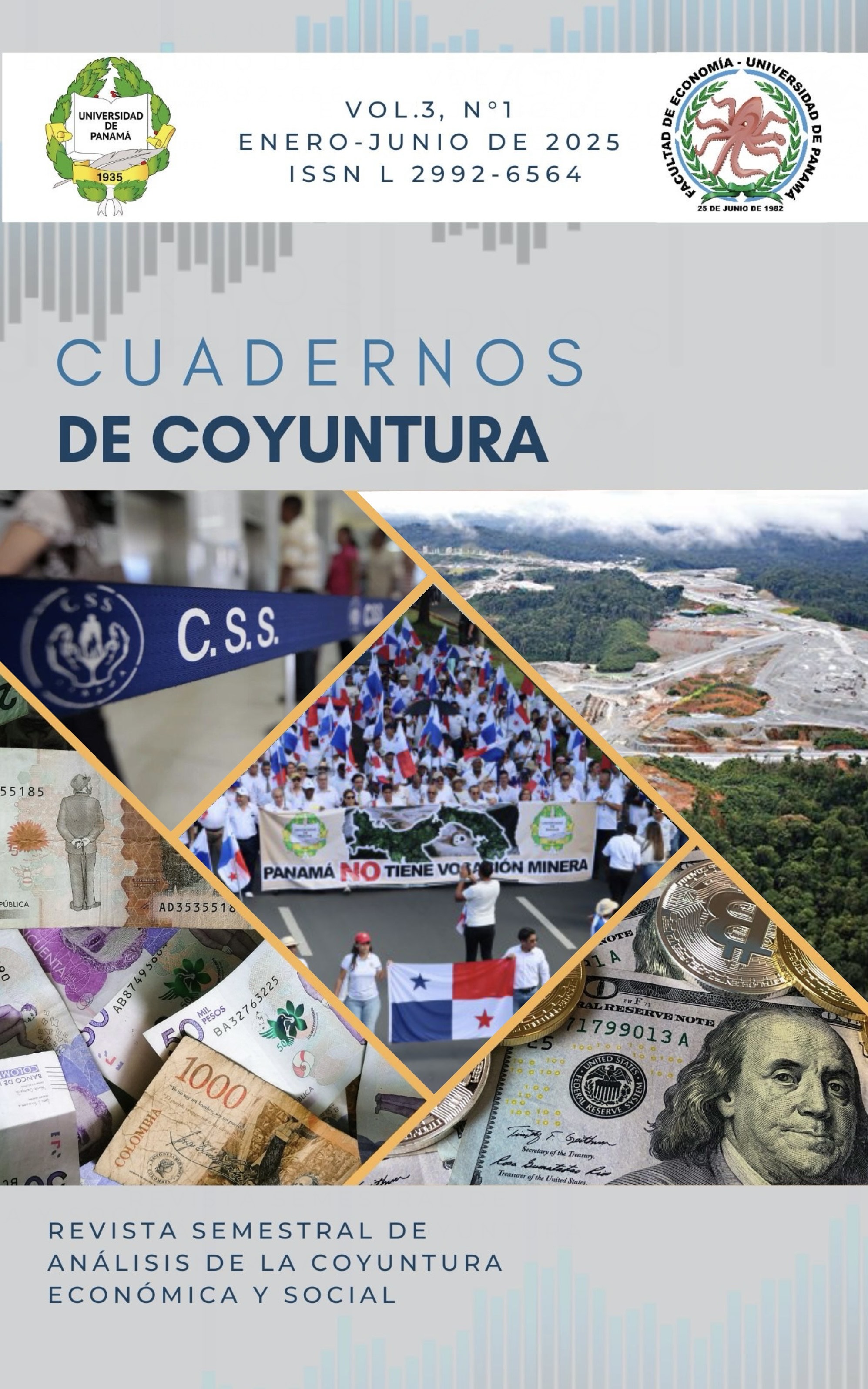

In this research, various literatures or scientific publications are reviewed and analyzed based on qualitative data from CEPAL, Scielo, Redalyc, among other authors, which provide theoretical (epistemological) explanations that lead to the understanding of the transformations and complexities regarding the actions of bureaucratic administration towards a new strategic management style, in light of the adoption of a new management model. The pressures in a socio-political environment, from a holistic perspective, pose challenges in a dynamic context of organizational reengineering, which makes it essential to rethink the public sector from a productive and effective perspective, understanding that its scope of application is systematic (Constitutional/legal).
In this sense, the research carried out on organizational models and designs allows for the focusing of actions that facilitate the redefinition and design of an organizational management model, whose elements facilitate its flexibility, adaptability and sustainability in a dynamic way. Private organizations are focused on obtaining benefits, while public organizations focus their objective on social achievements, the value of which is protected by the State. The aim is to establish a reflective and critical approximation of a rational-bureaucratic (mechanistic) organizational approach towards a viable systemic (participatory-democratic) approach linked to a governance that interrelates shared efforts towards the achievement of social well-being and sustainable human development in a globalized world.